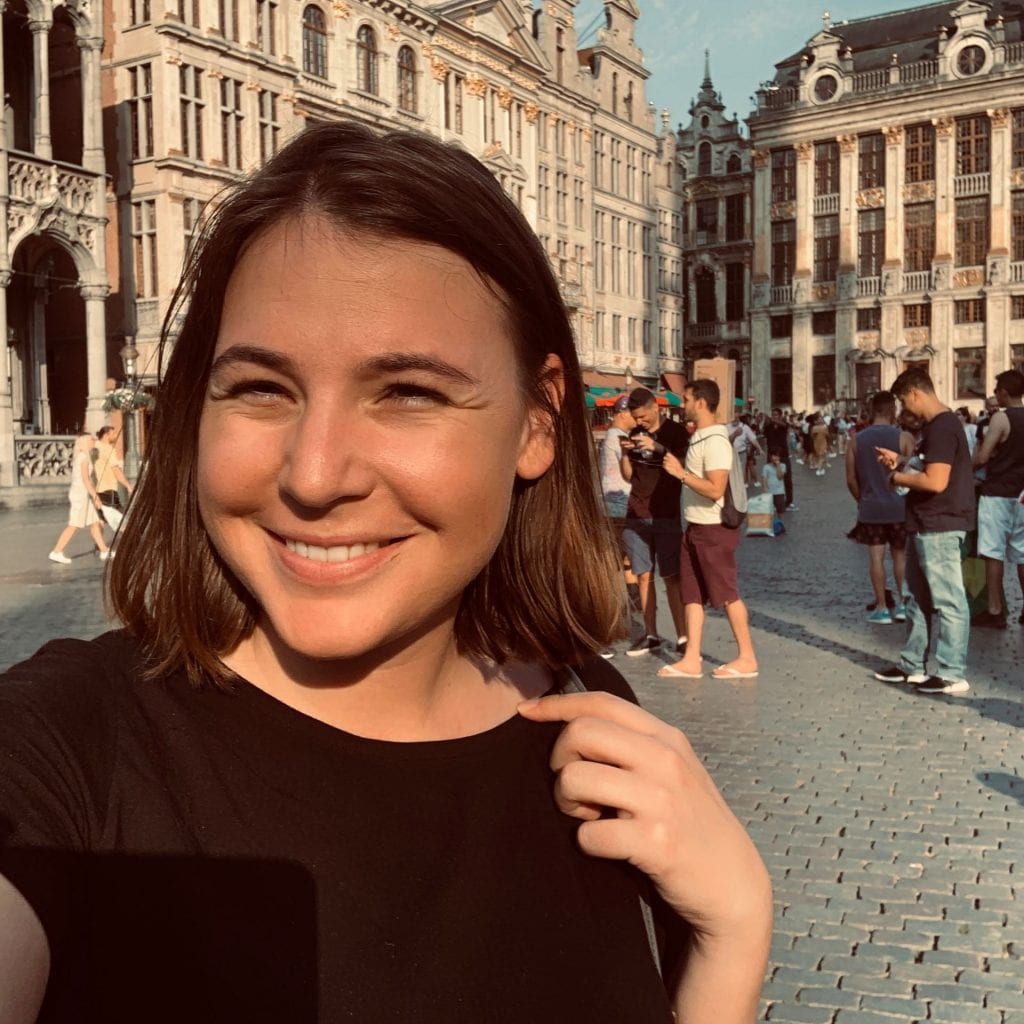I was teaching a Grade 4 class about digital citizenship and internet safety. We were looking at different statistic and infographics when I showed the class a map of the world colour-coded by percentage of internet users. One student then put up her hand and said,
“I think countries who use internet the most, lose their culture the quickest.”
A little taken back I questioned her further and asked why. Although she struggled to get her point across (she kept saying Yanni = “in other words”), I understood and even more amazingly the half the class understood what she was trying to say. Which was,
“Culture is the way we act. And we act differently because of the things we see online and a lot of those things are things that we would not normally do here.”
To put this story into a context, this lesson took place in a school in Sharjah, UAE. UAE is a country with rich cultural and religious heritage, and children like the girl in the class, grow up encased in controlled social norms. Surprisingly part of these norms is engaging in social media (Snapchat, Instagram, TikTok) at very young ages.
I then asked the class, “If we do act differently because of what we see online, is that a bad thing?” This then threw the whole class into a spin, with half the class trying to work out if and how the internet impacts on the way they act (and think) and the other half of the class sitting there bewildered and confused.
Unintended this class discussion addressed the complex intersection of technology, globalization and culture. Ozer, Singla and Schwartz (2017) suggest that in “today’s globalized societies, individuals interact with a multitude of cultural streams transmitted through technology and media.” (p. 295).
I believe there are two lessons from this story. First as educators we need to be aware of these “cultural streams” and be supporting students to navigate while reflecting on their own identity. And secondly, we need to be equipping the with the language and terminology needed to do engage in the discourse. In doing so I believe this will result in learners becoming aware, reflective and knowledgeable digital citizens.
References
Ozer, S., Bertelsen, P., Singla, R., & Schwartz, S. J. (2017). “Grab Your Culture and Walk with the Global” Ladakhi Students’ Negotiation of Cultural Identity in the Context of Globalization-Based Acculturation. Journal of Cross-Cultural Psychology, 48(3), 294-318.

Leave a Reply